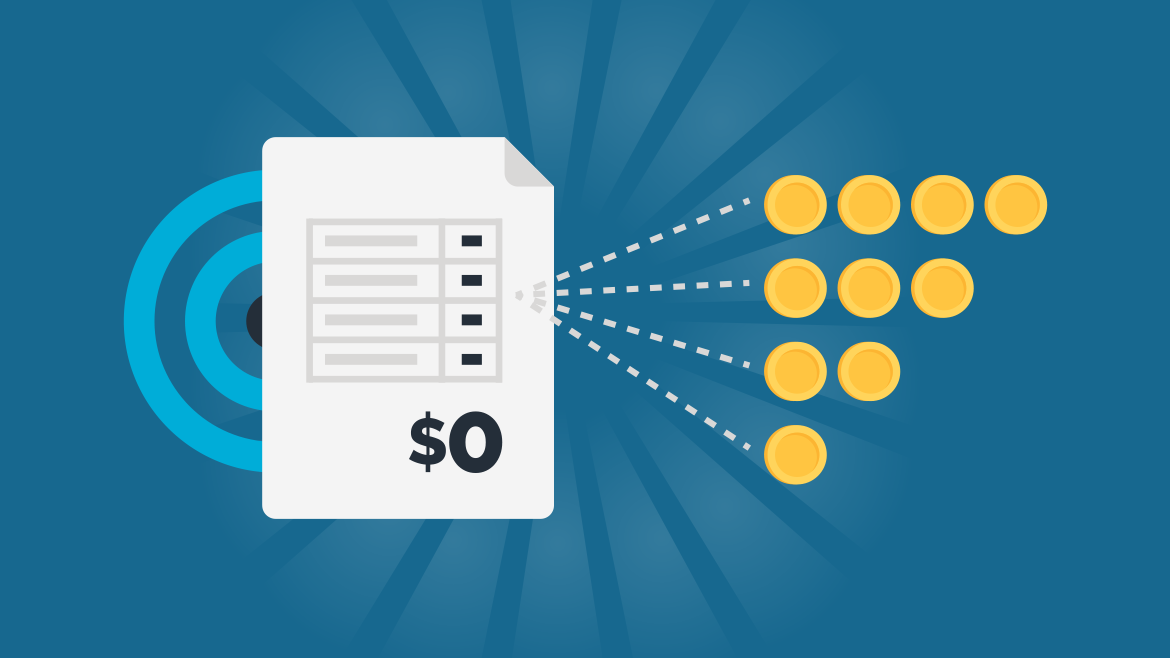
“The Importance of Zero-Based Budgeting”
Budgeting isn’t the most exciting topic, but it is the nuts and bolts of someone’s financial picture and is a snapshot into what they value when it comes to money. While saving and investing are important parts of someone’s financial picture, the monthly budget is the best way to take control of your finances and harness the power of your monthly income. Unfortunately, despite hearing over and over that budgeting is important, most people rank it only slightly higher than the black plague. To them, budgets are for people struggling with money and usually mean living on bread, water, and Netflix (the essentials). What they don’t realize is that budgeting is the quickest way to your goals and it’s empowering when you have control of your money and not the other way around. In this post we will dive into a concept called zero-based budgeting and why it’s a good starting point. What is Zero-Based Budgeting? The goal of making a zero-based budget is to make your income minus your expenses equal zero. In other words, if you make your budget and you find $300 of excess left over after your expenses are spoken for, then you are NOT done with your budget. Think about where you want to give, save, or spend the final $300. It’s important that you tell every dollar where to go when you make you budget, because if there isn’t a home for the $300 you can almost guarantee it will disappear without you knowing where it went. Once you start making excuses for the excess $$’s and where they are spent, then it can slowly creep into the rest of your budget and you are on a slippery slope. It’s also important to note that if you’ve calculated your income and expenses and you arrive at a negative number then that ALSO isn’t a zero-based budget. Deciding what areas to cut back on, or where to put your excess funds to work is the critical first step to zero-based budgeting. Creating the Zero-Based Budget Creating a zero-based budget is a simple process. In fact, we have a free budget template that you can download from our website to get started. Once you have the template, then follow these steps: Step 1: Write Down your Monthly Income Step 2: Write Down your monthly expenses Step 3: Write Down your seasonal expenses Step 4: Subtract expenses from income to arrive at $0 (tweak accordingly) Step 5: track your monthly spending (use an app like YNAB or Goodbudget) Give yourself Grace If you’ve never operated on a monthly budget before then it can be a little overwhelming to get started. The first month you are really taking educated guesses on what your expenses will be, and you should allow yourself at least 3 months to get an accurate handle on your monthly expenses. Be excited that you are taking a step in the right direction to get control of your finances and don’t be so worried about going over budget by $50 at the end of the month. Give yourself the grace and the space to improve without judgement. Budgets are not just for young struggling millennials, middle aged families with children, or retirees. The reality is that the budget is an important tool for every stage of life. Even if you aren’t struggling financially, taking responsibility and ownership of your income and expenses is a liberating experience and can actually produce more freedom than restrictions. If you or someone you know want to take the first step in gaining control of their monthly budget then reach out to one of our advisors today.January 10th, 2020
Copyright © 2024
Van Gelder Financial
